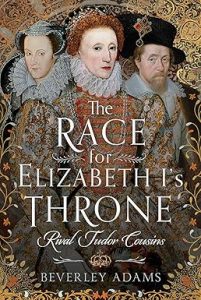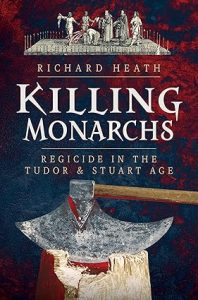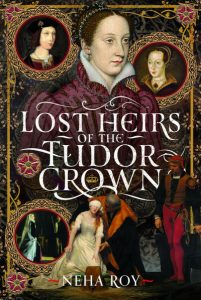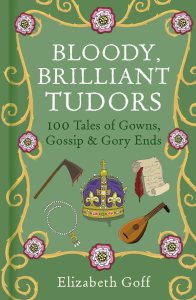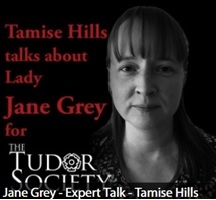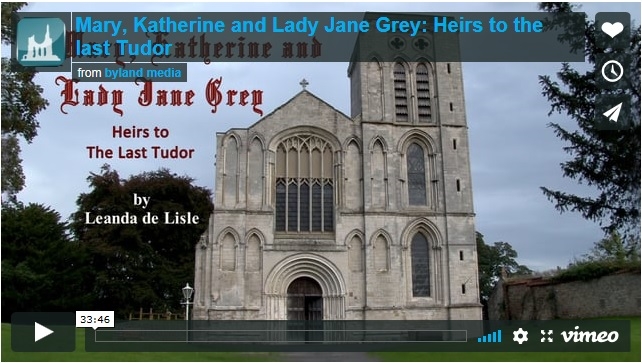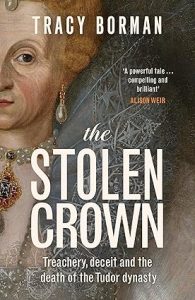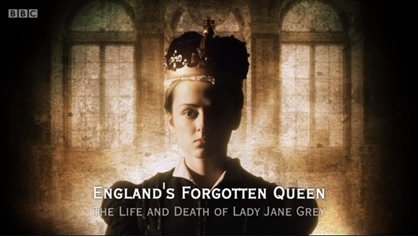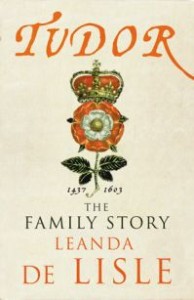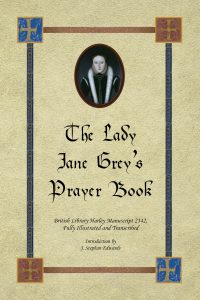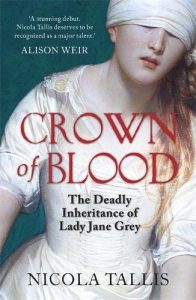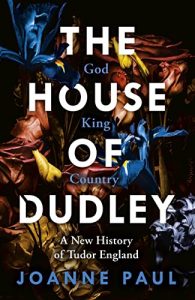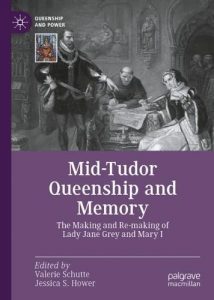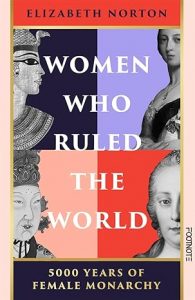Janet Wertman is the author of the Seymour Saga, (‘Jane the Quene’ and ‘The Path to Somerset’).
The last book in the trilogy, ‘The Boy King’ was published at the end of September.
To buy in the UK:
Further details – Amazon.co.uk
Follow Janet Wertman on Social Media:
Janet Wertman’s website: Janet Wertman
Twitter: @JaneTheQuene
Facebook: Janet Wertman – Author
Many thanks for answering my questions.
Thank you so much for having me! I love this topic – and I love talking about it!
What inspired you to write the Seymour Saga trilogy?
The Seymours shaped the Tudor era – but they are usually ignored! I actually started out making that same mistake…I was more than a hundred pages into a novel called The Secret Diary of Anne Boleyn when Robin Maxwell published her book of the same name! My first thought was to just switch over to Jane (that saved me from a terrible depression anyway!) but it took me a few years to really get into my new topic. It was when I did – and more importantly, when I embraced the Seymours as the central dynasty of the Tudor era – that things really took off.
Each book focuses on a specific character. Who was the easiest to write, Jane, Edward Seymour or Edward VI?
They were all both easy and difficult in their own ways. Jane was difficult because she was the first and I needed to learn how to truly tell a story. Edward Seymour was difficult because the politics were so complicated. And Edward VI was difficult because he was a nine-year old boy whose natural interpretation of things would be different than what I wanted readers to understand!
At the same time, Jane was easy because her story was the simplest. Somerset was easy because Henry’s craziness infused every scene with the fear and excitement of a car chase. And Edward VI was easy because his innocence prompted most of my story strategy! (Plus I conjured my kids at that age…).
Why do you think that Edward VI (the main character in ‘The Boy King’) has been overlooked in historical fiction?
I think one reason is that he was on the throne for such a short time. Another is the fact that the stories of his reign are the stories of the men around him. We all know the basic things that happened (the big things, anyway – there are a lot more details that I was able to include!!), but Edward’s point of view is a new way of seeing them.
What role does Mary play as joint narrator in ‘The Boy King?’
Mary fills two critical roles. First, she is the antagonist. I don’t mean that she is the evil one, just that she was working at cross purposes to Edward, trying to thwart his desires just as he was trying to thwart hers. Second, she gives the reader an alternative point of view – another way of interpreting the political happenings beyond the understanding of a nine- year-old boy.
Edward VI starts his Chronicle at the beginning of his reign and stops it abruptly. What does this signify in your novel?
I love Edward’s Chronicle, love how he kept that record. When he started it, he wrote it like a fairy tale – like the child he then was. He kept it updated with this idea that it would be a wonderful text for the future, then he gradually lost excitement as the entries got more mundane…and more tragic.
So many people see the Chronicle as evidence of his coldness – especially the entry that says only, “The Duke of Somerset had his head cut off on Tower Hill at nine this morning.” To me, it’s just the opposite: I see the starkest entries as hiding overwhelming emotion (and I set the scenes up that way!).
He stopped suddenly, for no apparent reason. I saw that as a boy putting away one of the playthings of his youth. Still, I gave him a reason for that choice – a moment when the volume falls open to an entry that made him feel bad – because life can be accidental where literature cannot!



